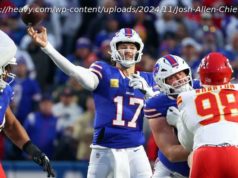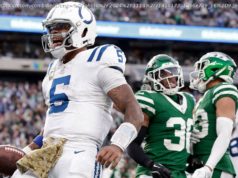The charges against Trump focus on January 6, but with each passing day, additional troubling evidence emerges.
Nothing concentrates the mind, Samuel Johnson said, like an impending hanging. Perhaps we might add a codicil: Nothing distracts the mind quite like a mock hanging. On January 6, a mob stormed the U.S. Capitol, leading to five deaths, many more injuries and COVID-19 infections, and plenty of property damage. Some of the insurrectionists erected a gallows on the National Mall, and many talked of lynching members of Congress or then–Vice President Mike Pence. The attempted coup reshaped the debate over then-President Donald Trump’s attempts to steal the 2020 presidential election, focusing both opponents and defenders on the insurrection itself and what role he played in inciting it. Now out of office, Trump is facing a second Senate impeachment trial. But as blockbuster reports in three newspapers over the weekend imply, January 6 was not the only or even necessarily the most important example of Trump’s attempts to hang on to power despite losing an election. Those articles, in The New York Times, The Washington Post, and The Wall Street Journal, sketch out a heretofore-unknown episode in early January involving an obscure Justice Department official named Jeffrey Clark, who was an assistant attorney general. He’d been appointed in 2018 to lead the DOJ’s environmental division, but became the acting head of the civil division in September. After the election, Trump pressed Attorney General Bill Barr to turn up evidence of fraud in the voting. The Justice Department did not manage to find such evidence, nor has anyone else provided any persuasive proof of widespread fraud. Barr soon resigned, amid public browbeating from Trump on the topic. The president then began badgering Jeffrey Rosen, the acting attorney general, to intervene in lawsuits filed by his allies about election results and to appoint a special counsel. Rosen refused. At some point, Representative Scott Perry, a Pennsylvania Republican, told Trump that Clark was amenable to his crusade to overturn the election. Clark’s belief in fraud tainting the election was based not on inside information or some expert’s reading of the law, but—he reportedly told colleagues—on spending a lot of time reading on the internet.






